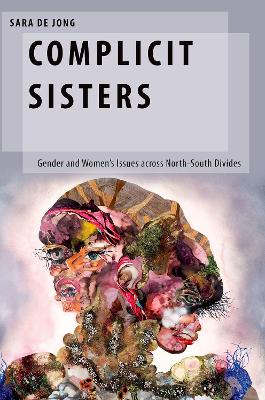Oxford Studies in Gender and International Relations
1 total work
NGOs headquartered in the North have been, for some time, prominent actors in attempts to address the poverty, lack of political representation, and labor exploitation that disproportionally affect women from the global South. Feminist NGOs and NGOs focusing on women's rights have been successful in attracting attention to their causes, but critics argue that the highly educated elites from the global North and South who run them fail to effectively question the
power hierarchies in which they operate. In order to give depth to these criticisms, Sara de Jong interviewed women NGO workers in seven different European countries about their experiences and perspectives on working on gendered issues affecting women in the global South as well as migrant women in the
global North.
Complicit Sisters untangles and analyzes the complex tensions women NGO workers face and explores the ways in which they negotiate potential complicities in their work. Unlike other studies looking at development workers "on the ground," this book examines the women NGO workers in the global North who work to influence high level gender advocacy and policy, alongside women NGO workers supporting migrant women within the global North-a unique combination. Weighing the women's
first-hand accounts against critiques arising from feminist theory, postcolonial theory, global civil society theory and critical development literature, de Jong brings to life the dilemmas of "doing good."
power hierarchies in which they operate. In order to give depth to these criticisms, Sara de Jong interviewed women NGO workers in seven different European countries about their experiences and perspectives on working on gendered issues affecting women in the global South as well as migrant women in the
global North.
Complicit Sisters untangles and analyzes the complex tensions women NGO workers face and explores the ways in which they negotiate potential complicities in their work. Unlike other studies looking at development workers "on the ground," this book examines the women NGO workers in the global North who work to influence high level gender advocacy and policy, alongside women NGO workers supporting migrant women within the global North-a unique combination. Weighing the women's
first-hand accounts against critiques arising from feminist theory, postcolonial theory, global civil society theory and critical development literature, de Jong brings to life the dilemmas of "doing good."
